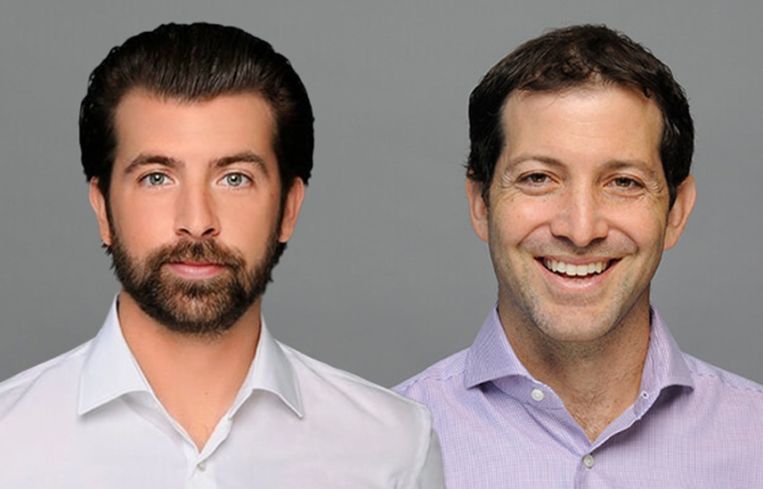Kawa Expanding Lending Platform to Meet ‘Unique’ Market Opportunity
By Cathy Cunningham September 1, 2022 9:36 am
reprints
As the market volatility continues and some banks batten down the hatches, a window of opportunity has opened for some lenders to increase their activity and deploy dollars where some of their more traditional peers can’t, or won’t.
Kawa Capital Management is one firm that’s grabbing the current risk-reward opportunity with both hands — specifically, through the expansion of its lending platform.
“We take an opportunistic approach to our lending and adapt to cycles,” Daniel Ades, Kawa’s founder and managing partner, said. “We feel that lending, right now, is one of the better risk/rewards in the commercial real estate space, and we are seeing a good flow in niches where we feel we have a competitive advantage.”
Kawa has $2.4 billion in assets under management today, and has also been lending — predominantly in the mezzanine spot of the capital stack — since 2010. A bigger opportunity surfaced at the beginning of 2022, however, as some banks began to retrench and the firm saw a significant uptick in its ability to deploy capital. Kawa managers expect the trend to continue as recession fears, interest rate volatility and inflation woes give other financiers pause.
The firm will target lending opportunities on Class A real estate at credit spreads ranging from +500 to +1,000 basis points, and situations where it can put its speed of execution, flexibility and experience in complex underwriting to good use.
“I think there’s a relatively unique window of opportunity here,” Michael Corridan, Kawa’s managing director of investments and origination, told CO. “We’re looking at it as a way to pursue projects with high yields, low loan-to-cost [ratios] and create equity-like returns. We can be really afraid of rates, and we can be really afraid of real estate prices, and still have an extraordinary degree of conviction about this strategy.”
Kawa will focus primarily on “out-of-favor asset classes,” Corridan said. “So, office, hotel and for-sale residential product — because the banks won’t touch it.”
More generally, Kawa has primary, secondary and tertiary areas of focus when it comes to asset classes, Corridan said.
Office, hotel and condominiums are in the top tier as “the most dislocated asset classes, fundamentally, in my view,” he said, followed by multifamily and lastly industrial and self storage opportunities.
“We’ve done some industrial deals and we’ve done some self-storage opportunistically,” Corridan said. “But industrial in particular is still pretty flooded with capital so it’s not necessarily a good use of our time.”
Today, Kawa has a robust lending pipeline comprised of assets backed by institutional sponsors in gateway markets, Corridan said. Financings that are expected to close in the next month or so include a $78 million loan for the redevelopment of a Miami Beach hotel; a $20 million loan for the ground-up development of an office tower in Aventura, Fla.; and a $37 million construction loan for a mixed-use residential building on Staten Island.
Kawa’s typical loan size ranges from $20 million to $80 million and the majority of its activity will be in senior loans, “as long as the environment is one where we can get good returns and be senior in the capital stack,” Corridan said. Kawa will pivot as the risk-reward dynamics shift over market cycles. “Episodically, if we see something that’s really exquisite and it’s mezz or pref then, sure, we’ll do it, but in general this is a whole loan strategy.”
Without a crystal ball on his desk, Corridan said it’s hard to predict what the next few months will look like in the commercial real estate capital markets —especially given the rollercoaster ride of the past few months—but Kawa’s pipeline will be keeping him busy: “I’m going to recharge for Labor Day, then we have a few closings coming up and we’ll see what the fourth quarter brings.”
Cathy Cunningham can be reached at ccunningham@commercialobserver.com.


